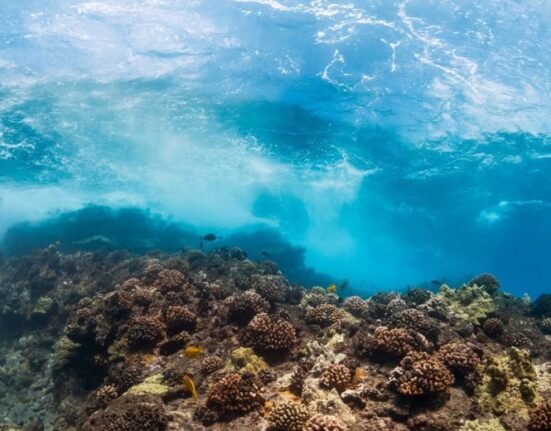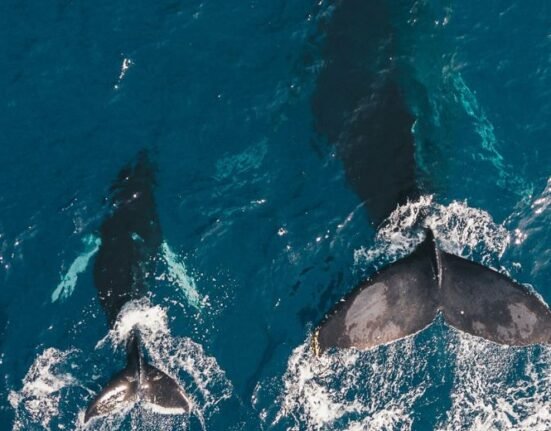HQ team
September 28, 2022: In this ‘super year of oceans,’ the spotlight is on the seas as the UN Climate Change Conference COP27 gets ready to discuss measures to build the resilience of coastal communities to climate change impacts and the finances needed for it.
Oceans cover 70% of the planet’s surface, and people in coastal regions continue to be at the forefront of the fight against climate change. They are disproportionately affected, according to a UN report.
“At the same time, oceans have a vast potential to store carbon, and coastal waters are, for example, a prime location for renewable energy projects and ecosystem protection and restoration,” according to a September 27 report.
The report highlights the need for governments to promote clear and “long-horizon policy frameworks” to cut greenhouse gas emissions, including offshore renewable energy and emission reductions from shipping.
The shipping industry is responsible for about 940 million tonnes of CO2 annually, at least 2.5% of the world’s total CO2 emissions.
Human-made warming
The oceans have long taken the brunt of the impact of human-made global heating. It has absorbed about 90% of the heat generated by rising greenhouse gas emissions trapped in the earth’s system.
They have taken in about 25% of carbon emissions, causing devastating impacts and increasing risks to the ocean, coastal life, and coastal communities’ lives and livelihoods.
It was not until COP 25, the Chile Madrid Time for Action 2019, governments recognised the need to strengthen the understanding of and action on ocean and climate change under the UNFCCC.
The COP25 mandated the first Ocean and Climate Change dialogue, based on the IPCC Special Report on the Ocean and Cryosphere on a changing climate.
At COP26, the Glasgow Climate Pact, building on the outcomes of the first ocean and climate change dialogue, governments permanently achieved the inclusion of strengthened ocean-based action under the UNFCCC multilateral process.
Sharm El Sheikh
The 2022 United Nations Climate Change Conference, or COP27, will be the 27th United Nations Climate Change conference. It will be held from 6 to November 18 2022, in Sharm El Sheikh, Egypt.
The Ocean and Climate Change Dialogue Report suggested critical steps for governments to consider in the lead-up to COP27, which set out opportunities for greater ambition and action for ocean climate action at the national and international levels.
It includes a “society approach” needed for the ocean and climate action to address governance aspects. According to the report, the funding for ocean-climate action needs to increase.
“We need to close the funding gap notably for adaptation to climate change in the context of oceans,” said Lisa Schindler Murray, of the UNFCCC Nairobi Work Programme expert group.
“Official recognition of the outcomes of the Oceans Dialogue is one clear next step in the UNFCCC process that can inform future funding, funding priorities and implementation plans for ocean climate action at the national and local level.”
The report stated that integrated technology- and nature-based solutions offer the potential to be more robust, comprehensive, and cost-effective than either solution alone, and ocean-based measures offer significant options for resilience to climate change impacts and risks.
“These solutions include early warning systems for extreme events and approaches such as restoration of coastal vegetation alongside engineered seawalls to reduce the impacts of storm surges and sea level rise.”








